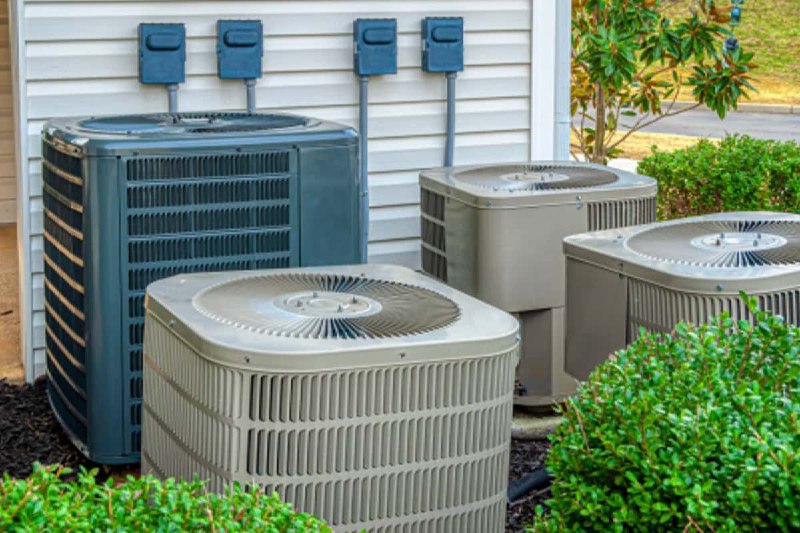
Understanding Indoor Air Quality and How Your HVAC System Can Help Nov 05, 2025
Indoor air quality refers to the condition of the air inside buildings, influenced by factors such as temperature, humidity, ventilation, and the presence of pollutants. Poor indoor air quality can lead to various health issues, from minor irritations like allergies and headaches to more serious conditions such as respiratory diseases. It can also affect productivity and comfort, making it crucial to maintain optimal IAQ in any setting.
Fortunately, your HVAC system plays a critical role in maintaining and improving indoor air quality. An efficiently running HVAC system can control the temperature, regulate humidity, and filter out pollutants, helping to create a safer indoor environment. Here’s how your HVAC system can help improve IAQ in your home or office:
1. **Regulating Temperature and Humidity**: Temperature and humidity levels significantly impact air quality. High humidity levels, for instance, can encourage mold growth, while low humidity can cause respiratory discomfort. Your HVAC system, particularly when equipped with a humidifier or dehumidifier, helps maintain balanced humidity levels, keeping your indoor environment comfortable and safe.
2. **Effective Ventilation**: Proper ventilation is key to preventing the build-up of indoor pollutants. An efficient HVAC system ensures a continuous exchange of indoor and outdoor air, helping to dilute indoor contaminants and reduce CO2 levels. This keeps your indoor air fresh and healthy, preventing the sick building syndrome commonly found in poorly ventilated spaces.
3. **Air Filtration**: High-quality air filters in your HVAC system can capture a wide range of pollutants, including dust, pollen, and pet dander. Regularly replacing or upgrading filters can significantly prevent the circulation of harmful particles, improving the overall IAQ. Consider using HEPA filters if your household members are particularly sensitive to allergens.
4. **Controlling Pollutant Sources**: While your HVAC system plays an important role, it's also essential to control the sources of indoor pollutants. Regular maintenance of your HVAC system ensures that it runs efficiently, preventing the accumulation of pollutants and allergens. This includes cleaning air ducts and ensuring your system is free from dust and debris.
Conclusion: Maintaining optimal indoor air quality is essential for a healthy and comfortable living environment. At Elite Technician Services, we understand the critical role your HVAC system plays in this process. By ensuring regular maintenance, using high-quality filters, and regulating temperature and humidity, we help you create a cleaner, safer indoor space. If you're concerned about your indoor air quality, consider scheduling a consultation with one of our experts to learn how our tailored HVAC solutions can benefit your specific needs. Trust Elite Technician Services to enhance your indoor air quality and safeguard your health and well-being.
/filters:no_upscale()/media/cb1ab9c6-32b6-45a5-b6b5-9667256bdd1c.jpeg)